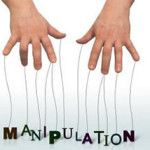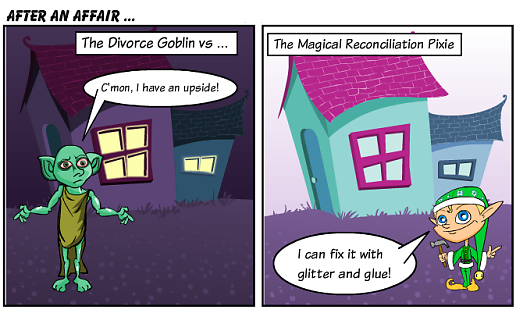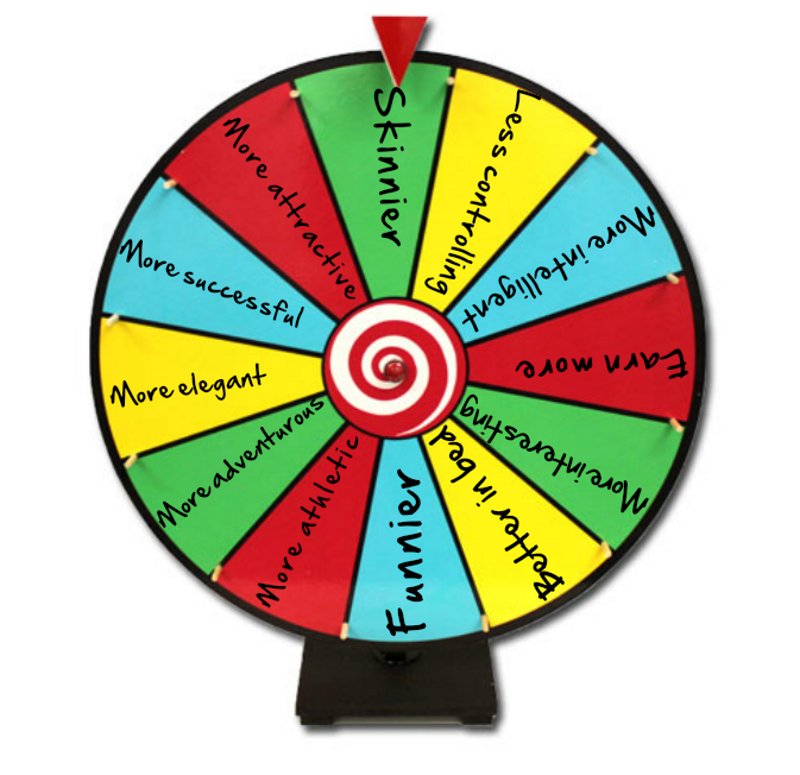This is an IHG article that was published in The Divorce Magazine in January. I’ve reproduced it here for our own readers.
10 Steps to Coping With Infidelity
 Many couples remain married despite infidelity and this is often celebrated as marital success by both the infidelity support community and marital therapists.
Many couples remain married despite infidelity and this is often celebrated as marital success by both the infidelity support community and marital therapists.
What is discussed less often is the quality and nature of the post-infidelity marriage – unfortunately many are little more than Divorce Avoidance Plans, not successful Happy Ever After Reconciliations.
The traditional approach to coping with infidelity might initially prevent divorce but the long-term outlook for the relationship isn’t encouraging.
We must stop promoting reconciliation as ‘the successful’ outcome and instead recognize that cheater and marriage-centric strategies are responsible for promoting divorce avoidance despite dysfunction, abuse, or incompatibility.
An affair is an opportunity to legitimately press the pause button on the relationship, creating space to devise a rational, informed and authentic strategy to avoid unhealthy emotional ricocheting.
We should stress that infidelity is not gender specific, and these steps equally apply to faithful spouses of either gender.
1. Protect Yourself
Most faithful spouses feel out of control and fearful when they discover an affair and there are basic steps that are necessary to protect yourself and regain some stability:
- Get tested for STIs and make a condom mandatory.
- Seek legal counsel to understand your risks, entitlements, and liabilities (take advantage of free consultations).
- Take inventory of assets and make copies of important documents and financial records.
- Ensure that you have sole access to a financial cushion – cheaters can quickly become unreasonable, ugly, and retributive, often using financial muscle regardless of how that affects their family/children.
Affair discovery commonly precipitates abusive, manipulative, and callous behavior but there are also correlations between violence and accusations of infidelity – keep yourself and your children safe.
2. Get Support
Having a good support network around you is important. Joining a chat room and support forum like ours at Infidelity Help Group can be a lifeline. Don’t rely on friends or family to give informed infidelity advice.
3. Understand Infidelity
Firstly, understand that affairs are not the product of bad marriages or faults in the faithful spouse. You didn’t cause the affair, you didn’t drive them to it, you couldn’t have stopped it, and you didn’t deserve it.
Affairs are similarly not caused by sex addiction, altered brain chemistry, or midlife crisis. Identifying the cheater’s behavioral patterns, understanding their core character, and observing their responses can help you make good, informed decisions for your future.
4. Disengage From Their Manipulations
 Resist the temptation to engage in lengthy discussions about the affair and marriage. Instead, disengage from drama and firmly communicate that:
Resist the temptation to engage in lengthy discussions about the affair and marriage. Instead, disengage from drama and firmly communicate that:
- You will not be a convenient fall-back position.
- Their affair changed the dynamic of the marriage and your participation in it.
- You will take the necessary steps to protect yourself from further harm.
- It is incumbent on them to address whatever internal issues created their affair.
If you wish to reconcile be explicit that until you observe evidence of changed thinking you will be moving your own life forward towards your own goals, without them.
Be mindful that cheaters feel entitled to control and manipulate for their own benefit and preferred outcome. An angry/negative reaction can indicate that your approach has frustrated their cheater-centric agenda.
5. Stop Trying to Manage It
Faithful spouses are often codependent ‘fixers’ but declaring your love and promising to change will backfire.
If you want evidence of your cheater’s authentic intent to reconcile, your meddling is counter-productive. Stop ‘guiding’ them to books, articles, or therapy – if their motivation is genuine, they will feel frustrated, bombarded and controlled.
The more you direct, control, or manage reconciliation the more you will feel resentful, devalued, and let down in the long run.
6. Avoid Marital Therapy
It’s tempting to rush off to marital counselling but marital therapy does not facilitate the personal change necessary for reconciliation. Instead, it gives the cheater a platform to deflect blame and teaches them how to further manipulate you.
7. Identify Your Goals
 Many people lose their individual identity to their marriage. Be independent, resourceful, and fearless.
Many people lose their individual identity to their marriage. Be independent, resourceful, and fearless.
Take inventory of your life and identify goals and dreams for yourself that are yours alone and within your own control.
8. Be Open to Divorce
Most faithful spouses will doggedly attempt to engineer reconciliation, entirely unwilling to accept that this may be the worst outcome for their children, their cheater, and themselves.
STOP:
- Holding reconciliation as the only successful outcome: unhealthy relationships aren’t successful reconciliations.
- Justifying and defending your cheater: infidelity is indefensible.
- Rationalizing why you have to fix it: it’s controlling and unhealthy.
- Insisting on marital therapy: the marriage didn’t cause the affair.
- Claiming that ‘staying for the kids’ is selfless: it’s misguided.
- Holding ‘marriage’ or an ‘intact family’ as your goal: you can’t choose this for someone else.
- Rationalizing why this advice doesn’t apply to you: it does.
9. Act, Act, Act
Discovering your spouse’s infidelity can freeze you in inaction, but doing nothing is the worst thing you can do.
Don’t stand, waiting for your spouse’s affair to end. The longer you don’t act, tolerating or justifying their affair, the more it minimizes the cheater’s unethical behavior and normalizes their new dynamic with both you and their affair partner.
Even if you don’t file, you must respond to the new reality you’re facing. Doing nothing is a tacit agreement to a unilateral open marriage now or in the future. Your inaction and scrambling to win back your cheater and make them happy doesn’t present them with consequences to their actions – it rewards them.
Don’t wait around unhappy, pining, your self-worth shattered. Start your own life in your own right, making new friends and enjoying new interests that are solely yours.
Be brave, be fun, be interesting – your cheater’s affair has highlighted how tenuous marriage can be so don’t make it your whole life. When your entire identity is tied up in your marriage and your marriage ends, where does that leave you?
10. See the Upside
 If the affair does result in a divorce, understand that divorcing a cheater DOES have an upside, despite the challenges it brings.
If the affair does result in a divorce, understand that divorcing a cheater DOES have an upside, despite the challenges it brings.
The affair might have motivated you to lose weight, get a degree, move closer to friends and family, or get more involved in your community. All of these are positive things that you likely wouldn’t have done without the affair.
Truly understand the value of your freedom and celebrate the benefits of no longer having to walk on egg-shells to keep someone else happy. Create a peaceful, content life for you and your children, and nurture the relationships with those who treat you with love and respect.
Don’t idealize reconciliation because most reconciliations aren’t happy and most cheaters are selfish, entitled, and lazy.













